There’s a magic sweet spot with travel that’s dangerous to miss. You know you’ve hit that sweet spot correctly when you return home and sigh, “That was a great trip, but it’s good to be home.”
Missing the travel timing mark, however, means crashing into one of two painful extremes.
At one extreme, the trip is too few days. You know this is the case when you wail at the end of your travel time, “I’M NOT READY TO LEAVE! Let me stay!” I made this mistake with my recent Florida trip. In fact, I was SO not ready to leave the warmth and relaxation of Palm Beach after five days that, truthfully, I got into a pretty depressed funk for a full week and a half after returning to icy Boston. As I said: it’s dangerous to miss that travel time sweet spot. Blargh!
The opposite extreme comes from budgeting too many days in a destination. Now, this is a rare occurrence for Americans, given the horridly short vacation time allotted to the average worker, but since this blog covers extended travel (as I undertook in 2009-10), it is an extreme worth examining.
You see, when you’ve calculated incorrectly on the side of spending too many days somewhere, your psyche starts screaming: “Get me out of here! Get me home!” This is where homesickness, melancholy, and sometimes even shut down, hermit-like behavior occurs.
So, in a dream world where you have ample days and funds to travel, how the heck do you calculate the optimal number of days in a destination? The equation involves several factors, each which can be rated from 0 to 10, with 10 being the highest or most in each variable:
Travel Lust + Arrival Effort + Home Discomfort + Destination Comfort
– Destination Intensity – Destination Cost – Home Neediness = Range of Time to Stay
Let’s go over each factor. First, Travel Lust: On a scale of 0 to 10, how much do you crave travel in your life right now? The mistake I made in planning my Florida trip was thinking my Travel Lust was a 3 (as it had been after my crazy year of travel in 2012). In fact, it was an 8 or 9 (since undergoing pregnancy and childbirth prevented travel for seven full months), meaning I should have budgeted more days on the road to satisfy that craving and ward off end-of-trip anguish.
Next we have Arrival Effort. Your Arrival Effort number will be closer to 10 if the plane ticket to your destination is expensive, or if the travel involves a high amount of stress (as my trip to Florida did, since it was my first flight ever with baby, and I didn’t have help on the plane since my husband was working). High Arrival Effort numbers mean you should go the maximum time possible for your schedule.
It does NOT, however, mean that you should skip voyaging to a far-off destination because you have just a few free days and it “won’t be worth it.” It just means go the full amount of time possible for YOU. The trip will still be worth it (as my week-long trip to China was) if you’ve done your best to maximize the time you have!
Home Discomfort refers to a number of factors that you may be traveling to run away from. Yes, it’s all right to use travel to run away (from non-criminal activities, of course), even though everyone denies they are. In my case, the discomfort of Boston’s brutal winter was far greater than I calculated when I booked my short Florida jaunt.
Returning to that ice was a punch in the stomach, and with a few more days in the south, I could have avoided that, since spring was slowly blooming. Other factors that can contribute to a high Home Discomfort variable include a stagnant social scene, toxic ruts, boredom, and more. Calculate accordingly.
The next factors, Destination Comfort and Destination Intensity correlate. In a more comfortable destination (like Florida), it is usually easier to stay for longer, but in a more intense destination (such as India or China), extra days may be too much. I spent only 9 days in India, but took over 3,000 photos in that time, and was both very satisfied and ready to leave by the end of that week. Now, do bear in mind that this calculation may need to be tweaked for your taste.
If you’re a person who gets bored very fast in “comfortable” destinations (as I used to be), or if you like to take your time and really dive deeply into more challenging places, flip the position of the two variables in the equation. Also bear in mind that if you volunteer, work, or take a class in a more challenging destination, it becomes more comfortable because you have a built-in home base and support network.
The Destination Cost factor is easy: If a place costs more, you likely can’t stay there as long. That said, there are many ways to make seemingly expensive destinations cheaper, as I did by Couchsurfing in Japan, for example. So that leaves us with the final variable: Home Neediness.
If you have very few responsibilities at home, you can travel for far longer than if many factors at home “need” you. I am so glad I did a year of travel in the time before I got married and had a baby! Of course, one can still make even nomadic travel work with sizable home responsibilities, but in general my equation holds true.
So there you have the magical formula for how to calculate how much time to travel to a certain destination at a specific time of life! To reiterate in cool abbreviations, the equation is:
TL + AE + HD + DCom – (DI + DCos + HN) = RTS
Simple, right? So what would you add or subtract in this formula? What has been your experience with calculating the correct or very wrong number of days to stay somewhere? Do share!
Love Florida’s oceans? Check out my new article on Anna Maria Island beaches here!

The author, Lillie Marshall, is a 6-foot-tall National Board Certified Teacher of English, fitness fan, and mother of two who has been a public school educator since 2003. She launched Around the World “L” Travel and Life Blog in 2009, and over 4.2 million readers have now visited this site. Lillie also runs TeachingTraveling.com and DrawingsOf.com. Subscribe to her monthly newsletter, and follow @WorldLillie on social media!



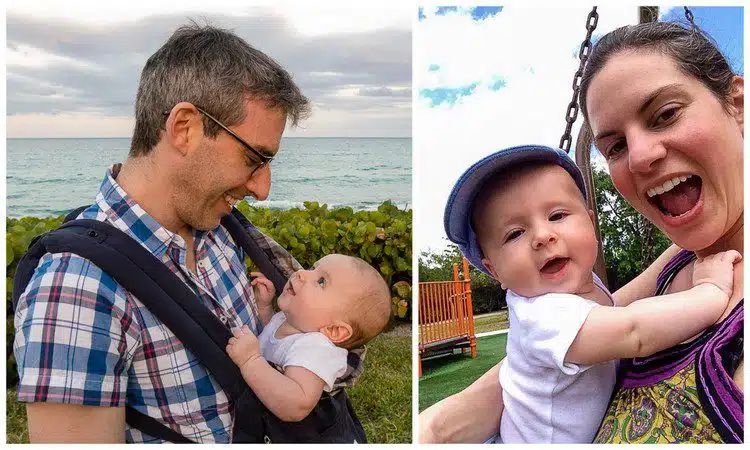

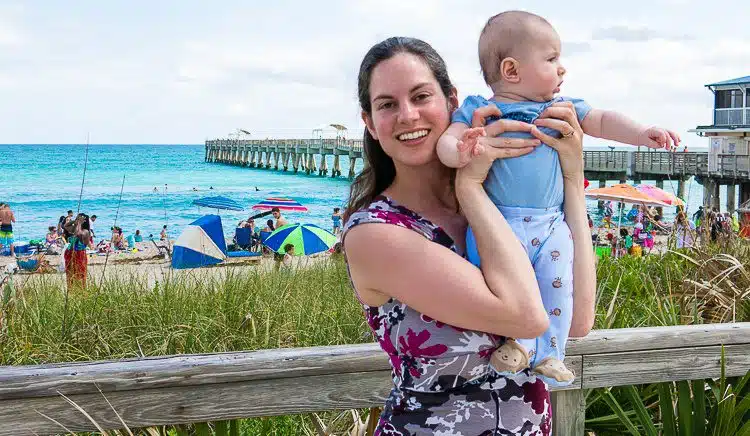


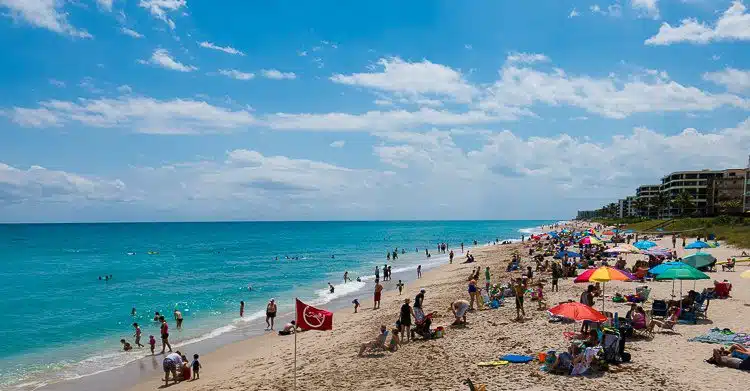
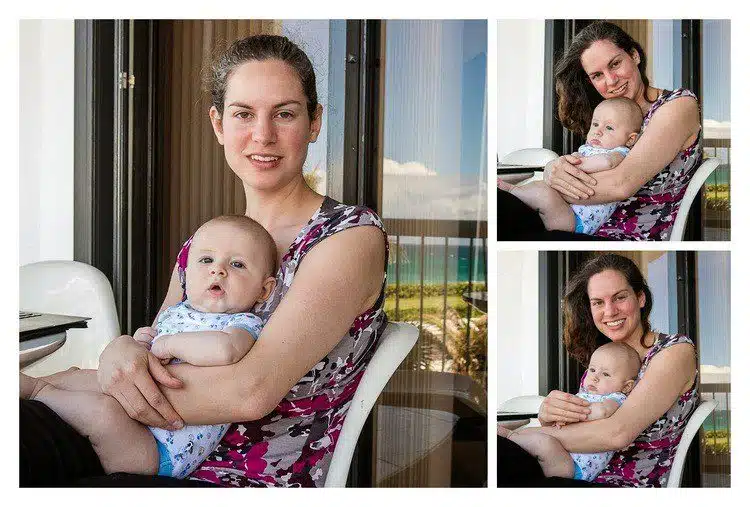
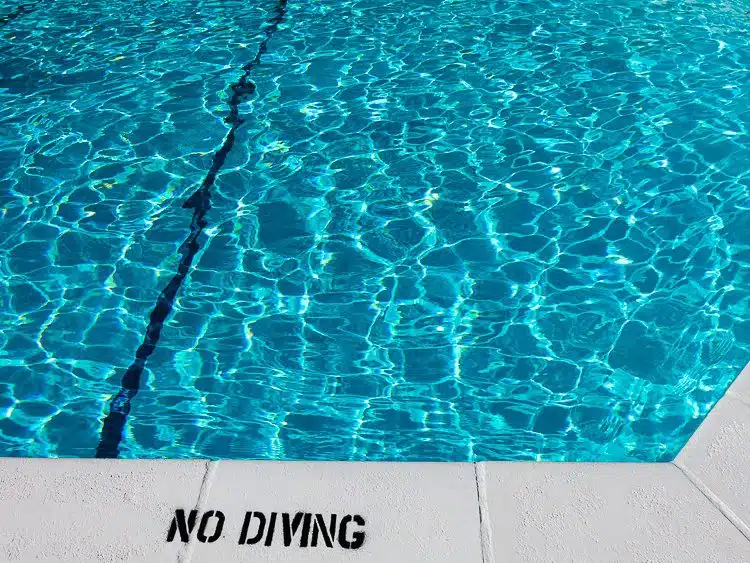
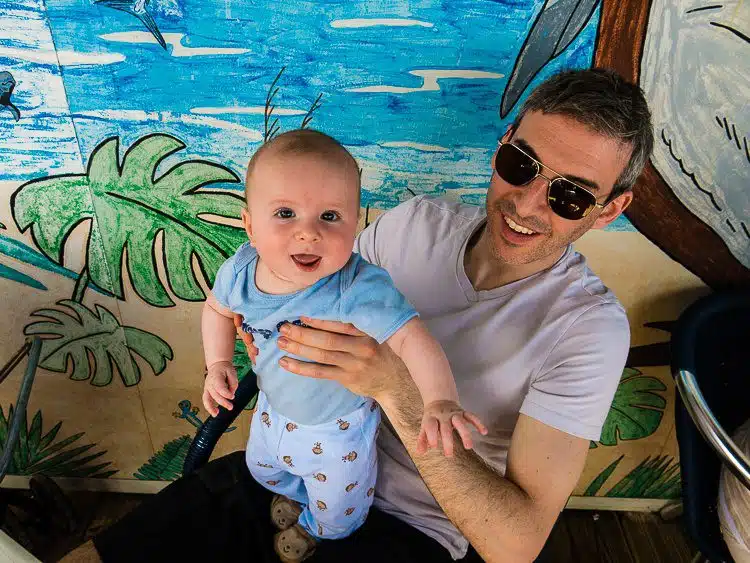
Sonia
Sunday 18th of January 2015
Is time management really that necessary when traveling with kids? This sounds like work, which is something I wanted to forget on my family trip.
Lillie
Sunday 18th of January 2015
You make a good point! I don't actually recommend people write out and calculate this equation -- it's just a fun way of visualizing how the time before travel correlates with how travel will make you feel!
Katy Nikolaou
Tuesday 24th of June 2014
Very well explained! It is difficult to know the exact time when you have kids ( two or three)
Regards from Greece Katy
Escape Hunter
Monday 12th of May 2014
"NO DIVING". That's funny :D Swim, skinny dip, drink the water or play water polo, just don't dive!
Lillie
Monday 12th of May 2014
Hehe!
Hannah Wasielewski
Thursday 24th of April 2014
I love how you found a formula to calculate everything out! For me, 10 days seems to be the perfect amount of time for a vacation. As I'm currently living abroad, I try to make the most out of my time in the city I'm living in and in the places I visit. This is great for the average American who doesn't get much vacation time!
Sofia Rhodes
Thursday 24th of April 2014
This is really a useful post for me. I always extend my trip if compared to actual plan which I regret later. After, reading your post, I can schedule my trip accordingly and this time I'll on my Plan.